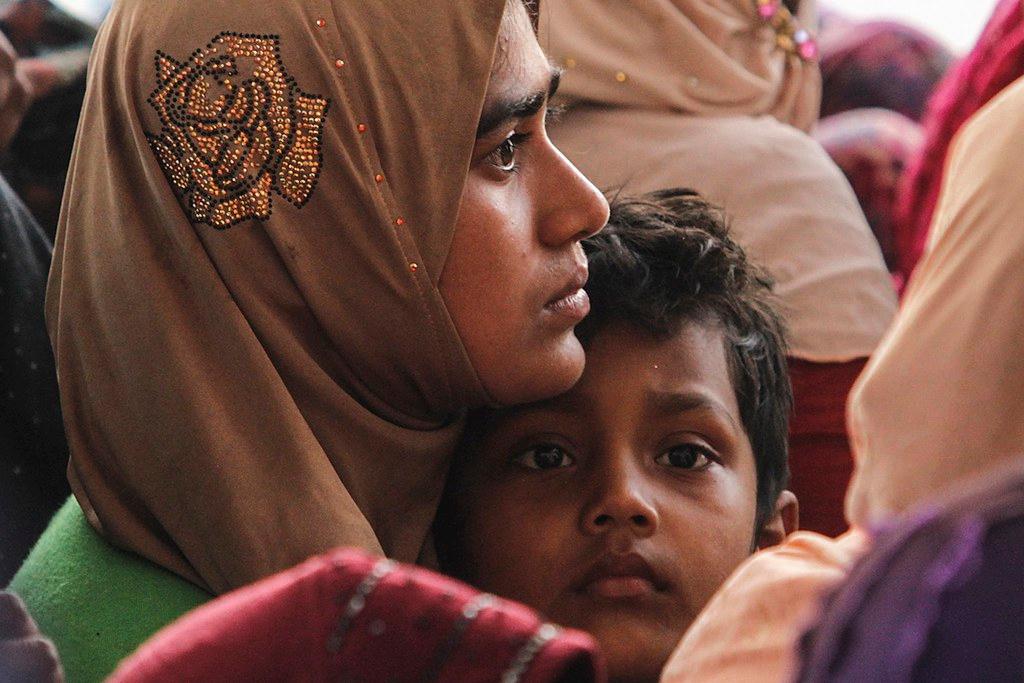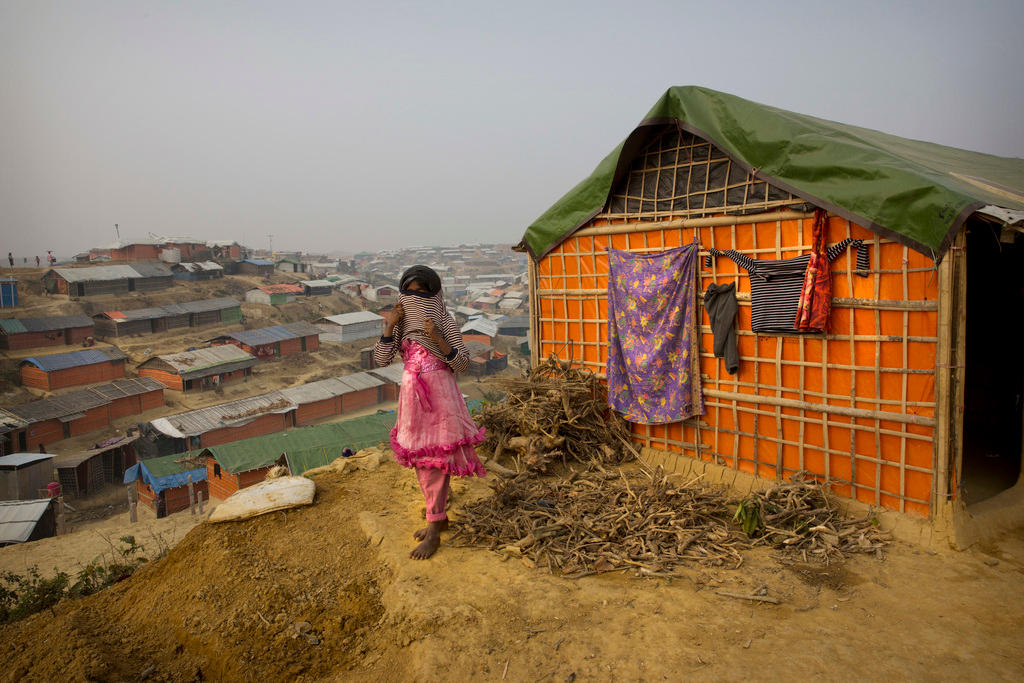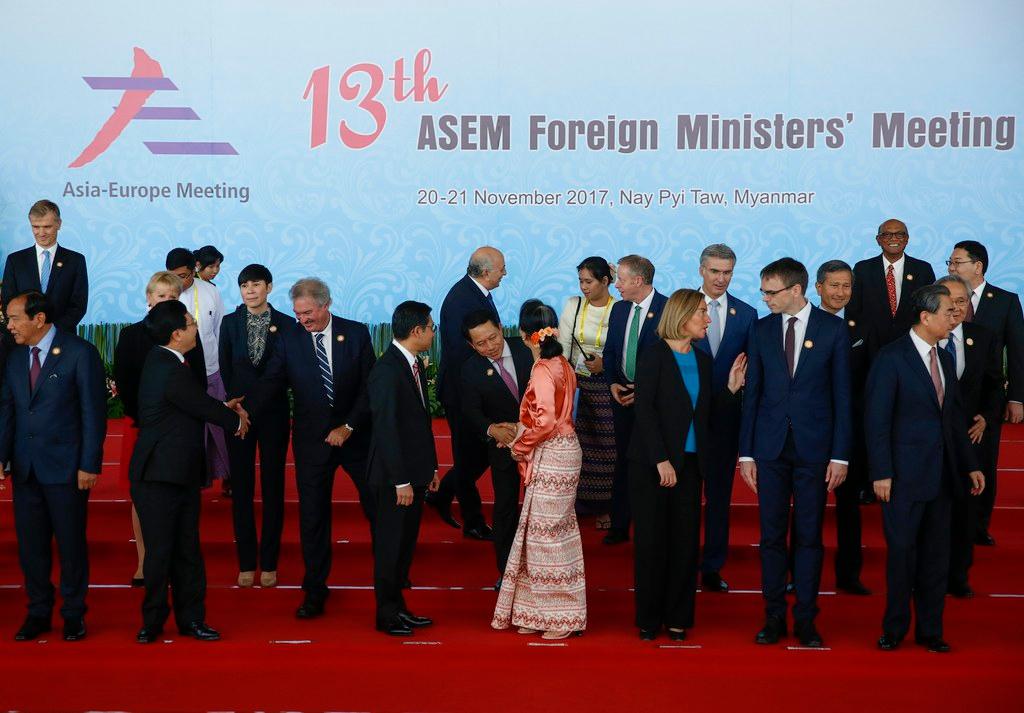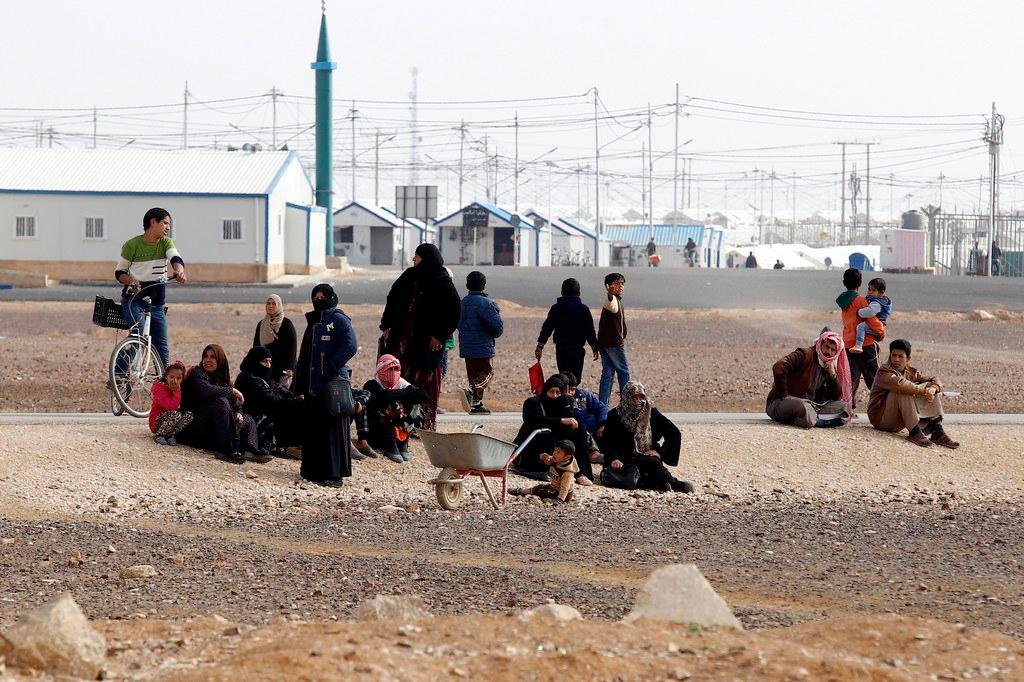Swiss blockchain platform gives Rohingya identities

Swiss digital identity platform Procivis has teamed up with an NGO to provide identities for 3.5 million Rohingya displaced from Myanmar. The system is aimed at giving Rohingya access to basic human rights and to help refugees integrate in other countries after being forced to flee their homeland.
The Rohingya Project NGO says the plight of Rohingya has been worsened as a result of a Myanmar (then Burma) government decree in 1982, which effectively excluded the minority population from holding citizenship or official state documentation.
“Being a Rohingya myself, I know what it means to belong to a stateless population first-hand. For our people, a secure digital identity isn’t just something nice to have – it’s an urgent necessity. If such an identity would have been in place when the Rohingya became stateless in 1982, our community wouldn’t have to face many of the struggles it is facing today,” Muhammad Noor, co-founder and managing director of the Rohingya Project said in a joint statement.
Rohingya refugees often find it impossible to access government services and integrate into society because they lack formal ID, the statement adds.
The blockchain ProcivisExternal link eID platform has developed a five-step verification process that will allow Rohingya to create a digital identification. “For Procivis, the partnership marks its first non-profit initiative in support of the company’s broader vision to enable universal access to a secure digital identity,” the company stated.
According to the World Bank, there are around 1.1 billion people worldwide who are unable to prove their identityExternal link. Its Identification for Development (ID4D) initiative is aimed at helping meet the UN Sustainable Development Goal of providing everyone in the world with a legal ID by 2030.
Other agencies, such as the UN World Food Programme are also using blockchain technology to help them combat difficult conditions for refugees. Blockchain is a decentralised encrypted database that has been dubbed the Internet 2.0. It promises individuals greater control of their data and peer-to-peer transactions, cutting out middlemen and fees.

More
Geneva puts spotlight on Myanmar’s Rohingya minority

In compliance with the JTI standards
More: SWI swissinfo.ch certified by the Journalism Trust Initiative



You can find an overview of ongoing debates with our journalists here. Please join us!
If you want to start a conversation about a topic raised in this article or want to report factual errors, email us at english@swissinfo.ch.